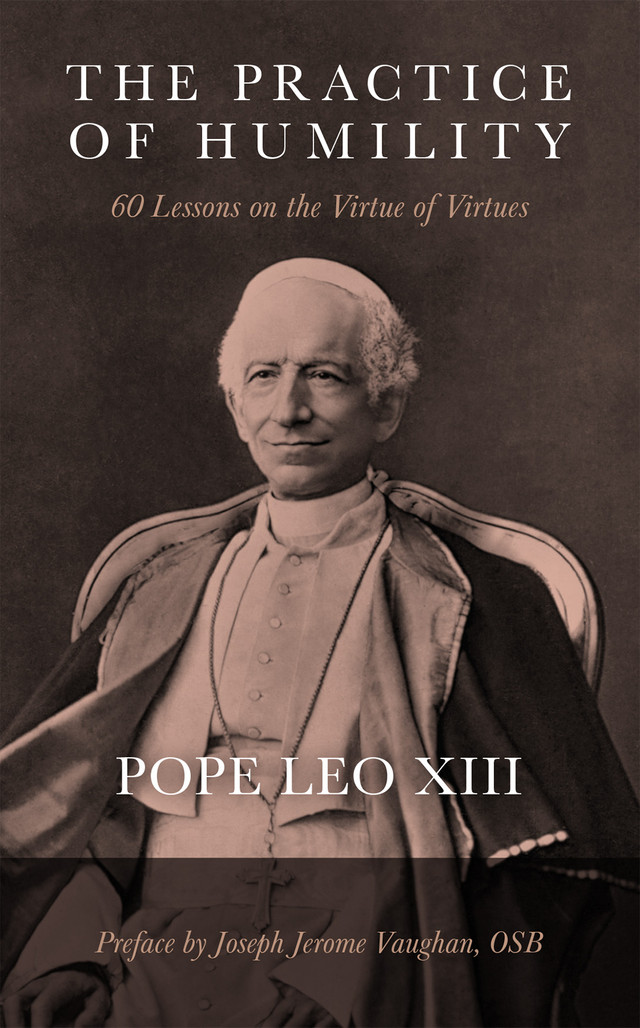What would the saints tell you if they were your spiritual director? Find out in this excerpt from Pope Leo XIII’s Practice of Humility!
Saint Anselm
The true humility of the faithful soul lies in this: not to pride oneself upon anything; not to murmur against anyone; not to be ungrateful, nor complaining, nor querulous; but in all things to thank God and to praise Him, Whose works are either justice or mercy. Hence, whatsoever may befall thee, always return thanks to the Lord.
Saint Francis de Sales
True humility makes no display of being such, and does not speak much of itself, because it not only desires to hide all other virtues, but more especially seeks to conceal itself. Were it lawful to make use of falsehood, deceit, and bad example, it would perform acts of arrogance and haughtiness so as to remain concealed under these subterfuges, and there to live unknown and secure. Hearken, then, to my advice: either let us never speak at all about humility, or if we do, let what we express outwardly be prompted by a true interior feeling. Never let us cast down our eyes without also humbling our hearts. Let us not appear desirous of being amongst the lowest, unless we really wish it. The truly humble man prefers others to say of him that he is a wretch, that he is of no account, that he is a good-for-nothing, rather than say so of himself. At all events, when he hears others speaking ill of him, he will by no means contradict them, but agree with them readily, because believing it all true himself, he is glad also to see others share his opinion.
Saint Alphonsus Liguori
When thou art offered an insult, bear it with patience, and increase thy love towards him who shows thee contempt. This is the touchstone for ascertaining whether or no a man be humble and holy. If he yields to resentment, although he should work miracles, put him down as a tottering reed. Father Balthesar Alvarez used to say, that the time of humiliations was the time for heaping up treasures of merit. Thou wilt gain more by accepting an insult with patience, than by fasting ten days on bread and water. The humiliations which are self-imposed are good, but to accept the humiliations which we receive from others is far more profitable, because in these latter there is much less of self, and more of God. Hence, there is much greater merit if we know how to bear them patiently. But to what good can a Christian pretend if he cannot bear an insult for the sake of God? What contempt has Jesus Christ not suffered for us,—blows, derisions, scourgings, spittings in the face! Ah! if we had true love for Jesus Christ, not only would we not resent affronts, but even be delighted at finding ourselves despised as He Himself was despised.
Saint Augustine
Charity is preserved by means of humility, for there is nothing which destroys it so quickly as pride. Hence the Lord did not say: “Take up My yoke upon you and learn of Me,” to raise the dead, who had been in the grave four days; to cast out evil spirits from demoniacs; to heal diseases and work other similar miracles; but He did say:—“Take up My yoke upon you and learn of Me, because I am meek and humble of heart.”46 These miracles, indeed, are indications of spiritual things, but to be meek and humble is the preservative of charity.
ooo
This article is taken from a chapter in The Practice of Humility by Pope Leo XIII which is available from TAN Books.









